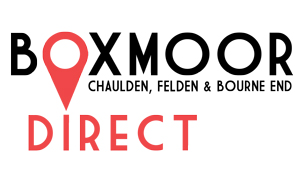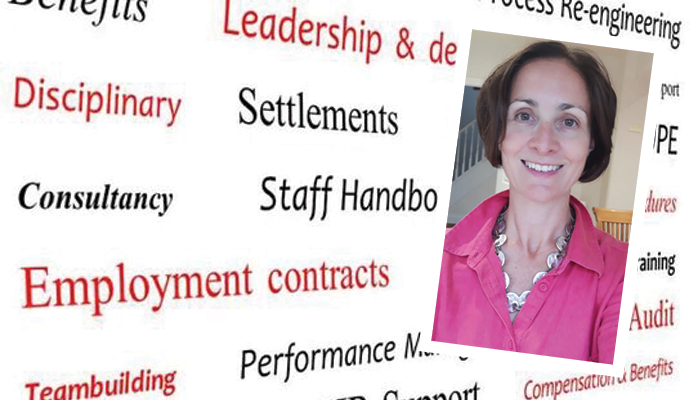Unlearning, is deliberate; a planned and premeditated process through which old knowledge is replaced by new. It’s not the same as forgetting which is inadvertent and accidental or unplanned. Unlearning is important in learning transfer, knowledge management and organisational change.
It’s always been thought that unlearning is like wiping the slate clean, i.e. old knowledge is deliberately discarded and replaced with new knowledge. Or put another way, you have to discard old knowledge before you can take new knowledge onboard. But when you think about how this process might occur in our brains, it’s unlikely that we ‘clean out’ our brains and then ready them in anticipation of fresh ideas. Rather, we look at the old knowledge we have in different ways. We look at it in the context of new information and then we question and test it at the same time.
In the workplace, a key part of this process is consent because a worker’s trust (of lack of it) will influence the adoption of new innovations. A successful approach can be to introduce new tools or techniques in tandem with old systems so that integrating old knowledge with new, referring back to old practices, and so on enables individual workers to learn and adapt their practices. This method enables organisations as a whole to develop and embed new knowledge.
In the context of continued professional development and organisational change, there are some practical lessons here. In particular, if you are leading organisational change programmes and see resistance to change as a case of traditionalists being narrow-minded or belligerent ‘Luddites,’ instead take note of factors that influence unlearning. True success in organisational change is not simply a case of ensuring that old is replaced by new, but that the right ‘old’ is kept or integrated into the new, while the genuinely outdated is replaced.
By Ruth George – HR Consultant
 ruth@ruthgeorge.com
ruth@ruthgeorge.com
07899 920075
www.ruthgeorge.com
This is not legal advice and is provided for general information only. © Ruth George HR Consulting.


